On-Demand Outsourcing BPO Services for Healthcare Providers With 24/7 Coverage!
Save up to 70% on staffing costs!
Browse Specialty Staffing Services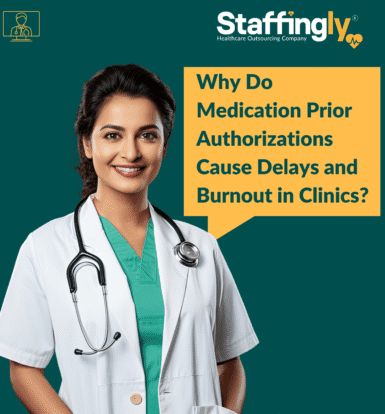
Why Do Medication Prior Authorizations Cause Delays and Burnout in Clinics?
“It was supposed to be an easy position that needed help, but it has become extremely frustrating and defeating,” said a medication authorization specialist describing her daily struggle managing prior authorizations. In many clinics, prior authorization (PA) work has become one of the most stressful and time-consuming administrative responsibilities. Providers prescribe high-cost medications that often require extensive documentation and justification, and when something is missing, it all falls back on the PA team. “We handle all prior authorizations for nine
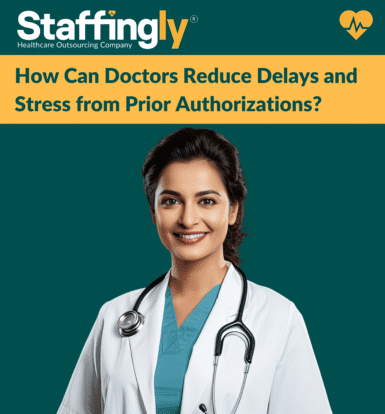
How Can Doctors Reduce Delays and Stress from Prior Authorizations?
“Running a clinic already feels like juggling chainsaws some days,” one doctor shared when describing the constant struggle of prior authorizations. Between waiting on hold with payers, re-faxing forms, and chasing unexplained denials, the process has become an exhausting distraction from patient care. Many clinicians echo the same frustration: “A child’s MRI, a patient’s infusion, or even a basic medication was delayed because of this broken system.” Each delay not only hurts the patient but drains clinical productivity and staff

How Can Clinics Overcome Claim Denials and Billing Challenges?
Claim denials are becoming an exhausting problem for small clinics and hospitals. One administrator shared, “Not sure if this is a post or a cry for help. We’re seeing an uptick in denied claims lately, mostly dumb things like coding mismatches, outdated credentialing info, or missing tax IDs. We have a small admin team and it’s getting overwhelming to track and resubmit everything.” This comment sparked a larger discussion among healthcare professionals who explained why denials are increasing, how technology
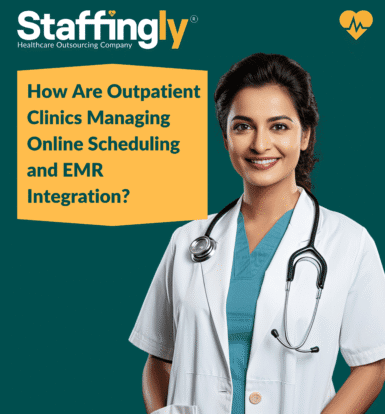
How Are Outpatient Clinics Managing Online Scheduling and EMR Integration?
A frustrated patient summed it up best: “I had to call the clinic, sit on hold, give my insurance info verbally, and still had no idea what I was going to owe until I checked in.” That single quote represents what many outpatient clinics are still battling — outdated scheduling workflows, disconnected EMRs, and zero upfront insurance checks. In a recent healthcare forum, professionals across physical therapy, behavioral health, and outpatient practices shared what’s actually happening behind the scenes —
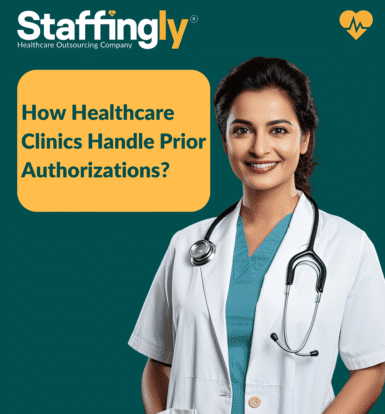
How Healthcare Clinics Handle Prior Authorizations?
One exhausted medical assistant summed it up perfectly in a recent Reddit discussion: “I’m so sick of always doing PAs at my office on top of everything else — rooming patients, reminder calls, answering patient messages. It never ends.” That frustration echoes across clinics nationwide. Prior authorizations (PAs) have become one of the biggest administrative pain points in healthcare — time-consuming, repetitive, and rarely managed efficiently. Healthcare professionals from primary care to rheumatology and GI shared how PAs eat into

How to Reduce Insurance Denials With Verification?
Healthcare professionals continue to share frustration about insurance verification gaps. One provider described: “We are having issues with getting insurance verification benefits resulting in denials and loss of revenue. Front desk staff is not doing their job properly causing headaches with billing.” This single comment reflects a wider issue across hospitals and clinics. Missed or incomplete insurance verification leads to denials, delayed payments, and dissatisfied patients. The challenge has sparked conversations about whether software can solve the problem, which EMRs
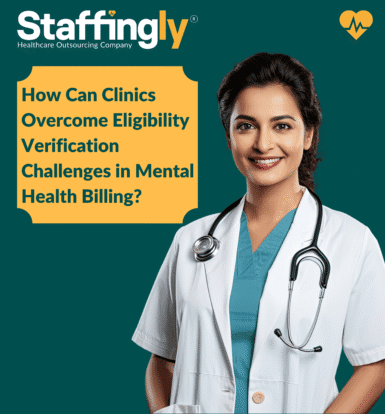
How Can Clinics Overcome Eligibility Verification Challenges in Mental Health Billing?
A mental health practice manager recently shared their frustration: “Our EHR gives us ‘limited’ or ‘no information provided.’ No deductibles, no co-pays, nothing accurate. Patients expect answers, and we’re guessing.” This isn’t an isolated story — it’s the daily reality for mental health clinics across the country. From Availity’s inaccurate reports to EHRs like SimplePractice failing to deliver complete coverage data, behavioral health teams are spending hours on hold with payers, trying to confirm basic information that should take minutes.

Will AI Really Replace Medical Billing and Coding in Healthcare?
A healthcare billing specialist recently posted: “Do you guys see medical billing and coding being replaced by AI, or is it unlikely? Have you used AI at your work yet?” That single question sparked a heated debate among coders, RCM experts, and healthcare administrators. Some said their hospitals already use AI for claim scrubbing and coding. Others shared horror stories of “hundreds of denials” from basic errors. One coder summed up the sentiment: “AI saves time, but we spend twice
 Book a Demo to Build Your Team Today!
Book a Demo to Build Your Team Today!


 Read Case Studies
Read Case Studies 



 Virtual Medical Assistants
Virtual Medical Assistants



